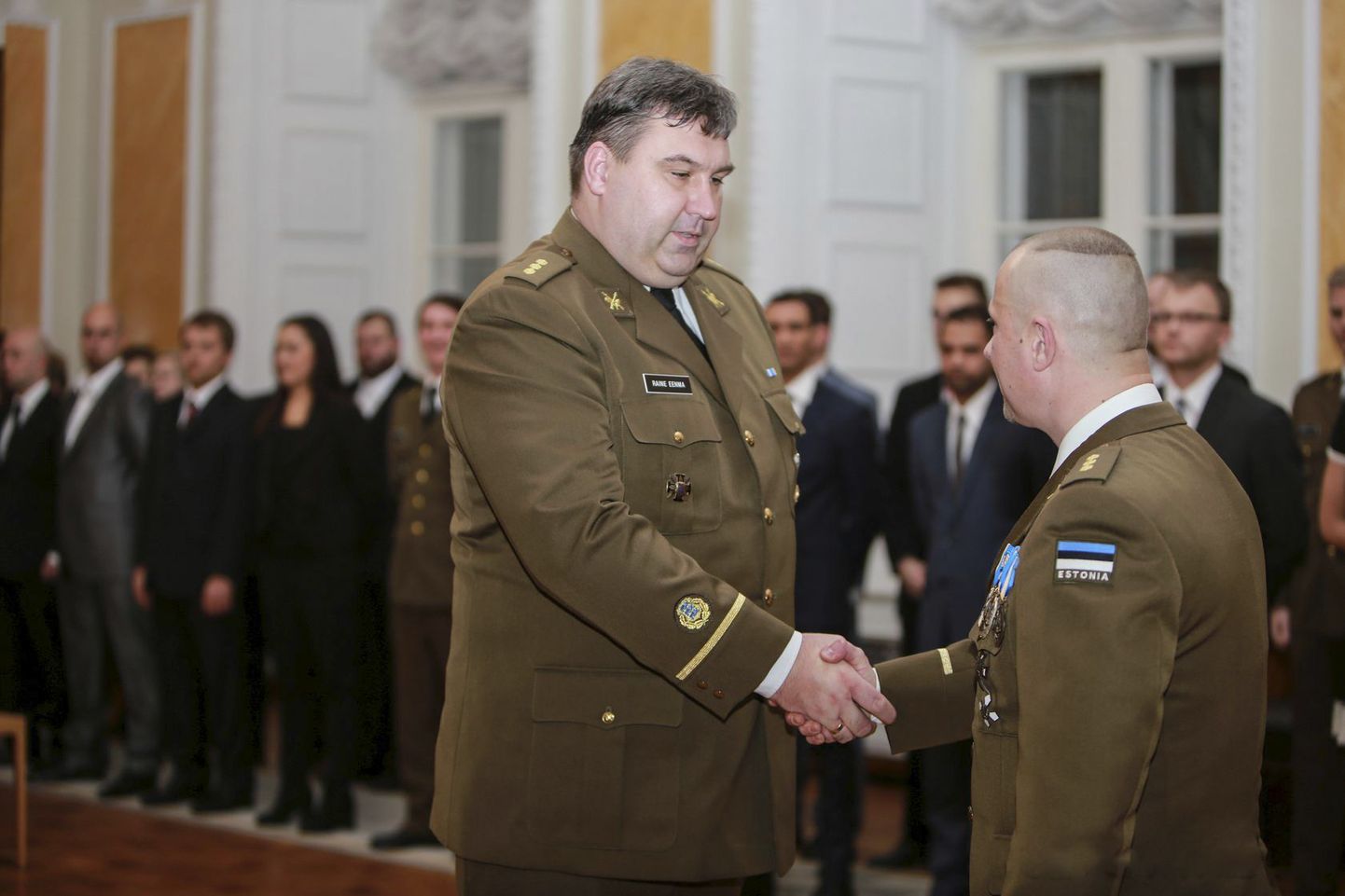This is effectively a textbook case for all officials handling secret documents, showing that negligence may have unusually unpleasant consequences.
Internal Security Service officials had to do something personally quite disagreeable last Thursday – to detain someone who had been their cooperation partner in the Government Office only a week before. The investigators and Eenma need not be acquaintances, but they were connected by the same career choice and secret work in the state security institutions.
In fact, the public should not even know that Eenma worked as an advisor of the security and coordination bureau of the Government Office. But since the laws were not as strict a couple of years ago, the government institutions cannot deny it, since information about his salary five years ago is accessible in the Internet.
The Prosecutor General’s office and the Internal Security Service, which are handling the case, cannot release any details about the crime, since the investigation is still in progress. Postimees met with several individuals, who knew Eenma and whose names will not be disclosed.
As far as it is known, Eenma is suspected of negligence in handling secret information after being made redundant. This means that he lost his job for regular causes, due to performance or reorganization and the actual handling of the case began only after he no longer had access to secrets.

/nginx/o/2016/01/05/4853315t1h2ae9.jpg)